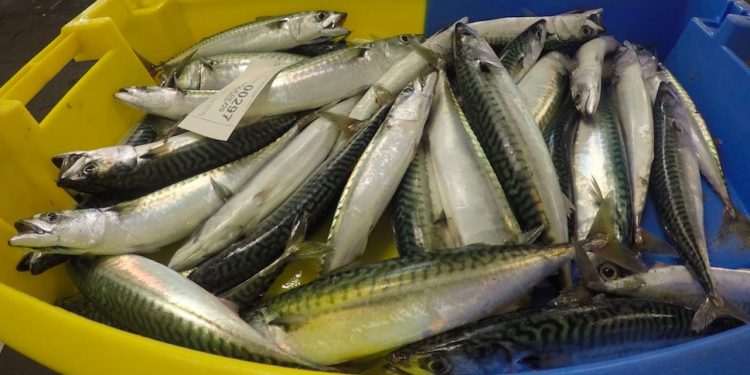The management of the North-East Atlantic’s three main pelagic stocks has again been highlighted as the the North Atlantic Pelagic Advocacy Group (NAPA) has sent an open letter to politicians responsible for fisheries in the region, demanding concrete action on quota distribution ahead of negotiations scheduled to be held next month.
Coastal states last year agreed on TACs for mackerel, blue whiting and Atlanto-Scandian herring, but were not able to agree on the division of those TACs between the states.
According to NAPA, this is how it has been for the last decade, and this year some states are already allocating quotas even before a new round of talks intended for shares of the TACs to be negotiated.
‘At the Coastal States meetings in October 2021, all parties agreed that total allowable catches for 2022 will be in line with the scientific advice for each stock. We also understand that quota sharing discussions are due to resume in February 2022. NAPA welcomes these early indications of progress, but there is still much work to be done to ensure sustainably managed fisheries,’ NAPA states in its open letter to fisheries ministers of coastal states concerned.
‘Worryingly, we have learned that some Coastal States have already set quotas for 2022 for some or all of these fisheries in advance of the sharing discussions. How does this lead to sustainable management?’
NAPA states that setting catch levels above the established scientific advice for these stocks, year on year, is an unacceptable threat to shared-stock fisheries.
‘We want to underscore in the strongest terms that the current situation in the Northeast Atlantic is environmentally unsustainable. So far, Coastal States have proven incapable of reaching agreements over quota setting, leading to unilateral decisions that have derailed sustainability and stripped these fisheries of their Marine Stewardship Council (MSC) certifications. What’s more, your inaction is driving the supply chain to re-think their purchasing decisions,’ NAPA warns in its message to politicians around the North-East Atlantic.
‘To date, 21 NAPA partners have made public statements setting out the consequences of continued management failure.’
NAPA brings together more than fifty global retailers, food service companies, and suppliers which have the aim of using their purchasing power as lever to persuade coastal states to manage pelagic fisheries on a more co-operative basis. Members are from Japan, Asia, and Africa, as well as the EU and UK.
Nine companies have pledged to review their sourcing, five have already stated that they will no longer source raw material from the fisheries concerned. Four will only source from coastal states acting ‘responsibly’, and three note the negative business impacts they would face.
‘The solutions are laid out in long-term management strategies, based on robust science and designed to ensure responsible, ethical, sustainable seafood for consumers. We want to see Coastal States taking a leadership position and committing to science-based management,’ a NAPA representative said.
‘In advance of next month’s quota sharing discussions, we are calling on you to work constructively – to prioritise resolving allocation issues to ensure the overall catch for each stock does not overstep the scientific advice. We are calling on you to back the drive for sustainable pelagic fisheries, and ensure that your position at the upcoming sharing discussions will testify to that commitment.’









